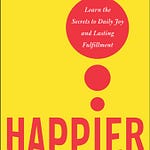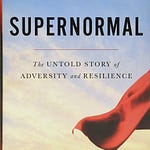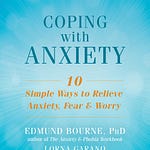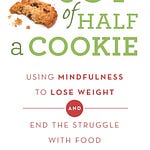Good evening everyone. I am Tom Niklas, a seasoned writer and book reviewer. 😁 Welcome everyone to the ReadVault club, join us in reading 52 books a year together!
Today I would like to enthusiastically recommend a bestselling book that is well worth reading - Spark: The Revolutionary New Science of Exercise and the Brain. This illuminating book reveals the inextricable link between exercise and the brain, and will completely transform your perspective on physical activity.
Allow me to first introduce the author, John Ratey, an Associate Clinical Professor of Psychiatry at Harvard Medical School who taught at MIT for over a decade and has published over 60 peer-reviewed papers. He also founded the Boston Autism Consortium, dedicated to studying the effects of medication on impulse control. In addition, he has co-authored several popular books on conditions like ADHD. Finally, he has been honored for advancing physical education. This distinguished background indicates the author's stellar contributions to the science of exercise.
Next, I will elaborate on two real-life case studies from the book. The first takes place at Naperville Central High School in Illinois. There, the gym teacher implemented a new fitness curriculum - daily high-intensity morning exercise sessions where students wore heart rate monitors and maintained rates above 185 to achieve a "ready for action" state. The results after adopting this program were astounding - students lost noticeable weight, and scored among the top in the world on international math and science tests. This demonstrates the tremendous impact physical education can have on cognitive abilities. I want to especially highlight a student named Jesse, who grew from a shy girl into a confident college student - her story is truly inspirational.
The second case occurred at an elementary school in Kansas City. After increasing daily physical education by 30 minutes, the school witnessed a sharp decline in violent incidents and noticeable improvement in grades. As a result, the district decided to expand the initiative throughout. These two examples prove that treating fitness as a rigorous academic subject for health promotion, not just playtime, can immensely boost students' physical and mental well-being.
So how exactly does exercise change our brains? As it turns out, physical activity boosts the brain's production of key chemicals like brain-derived neurotrophic factor (BDNF). BDNF acts as a "fertilizer" for the brain, stimulating the growth of new neurons and improving learning and memory. Exercise also reinforces connections between neurons - I will use a simple analogy to explain this process. When learning French, new synaptic links form between associated neurons in the brain, and repeated practice strengthens these connections. So exercise enhances the brain's plasticity.
Listen to this episode with a 7-day free trial
Subscribe to ReadVault to listen to this post and get 7 days of free access to the full post archives.










